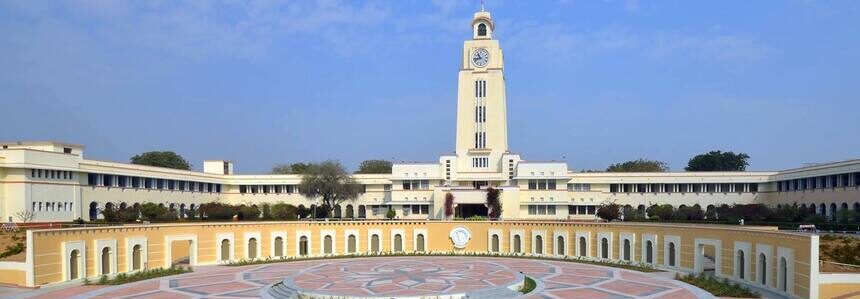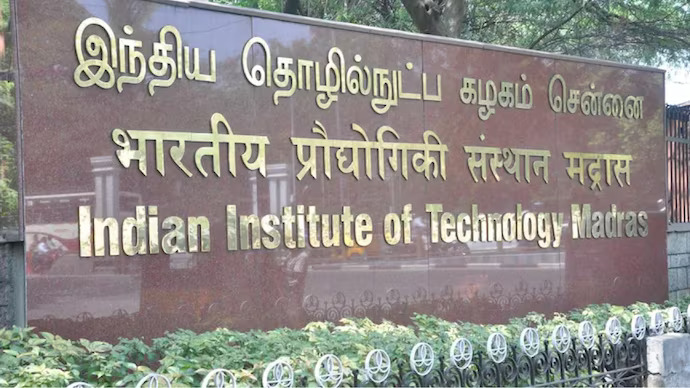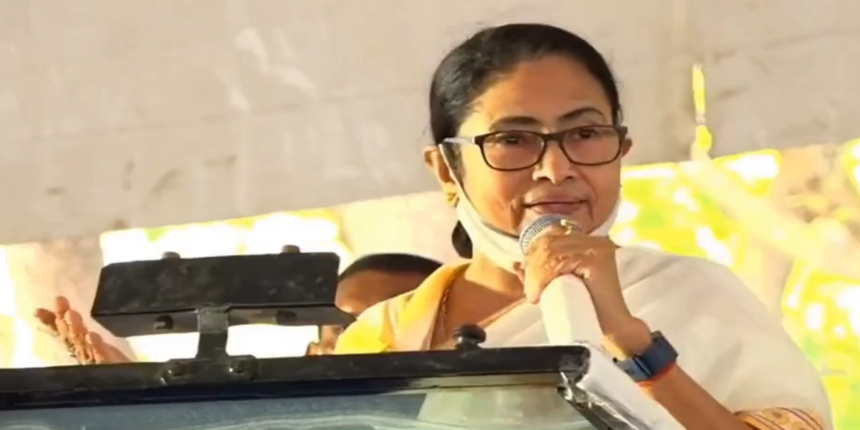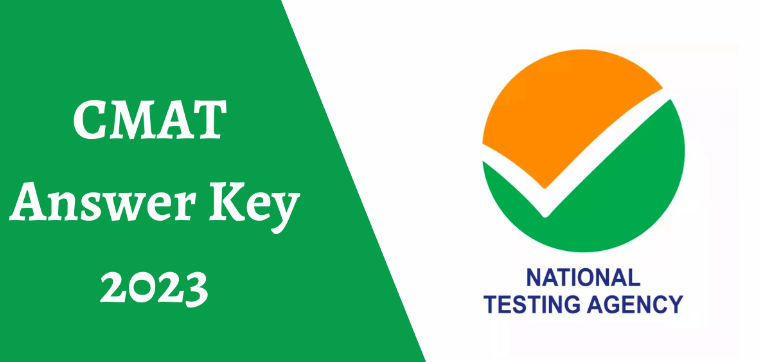The National Medical Commission (NMC)’s adoption of the National Exit Test (NEXT) will significantly alter medical education and the registration procedure for medical professionals in India. The NMC has stated that once NEXT (National Exit Test) is implemented, both Indian and Foreign Medical Graduates (FMGs) will need to pass this exam in order to obtain temporary or permanent registration. These guidelines, titled “Registration of Medical Practitioners and Licence to Practise Medicine Regulations, 2023,” were just released. The current licencing and registration system will remain in place up until NEXT (National Exit Test) is put into action. The effects of NEXT on medical graduates and the registration procedure are discussed in this article.
Medical Graduates’ Experience with NEXT (National Exit Test) and the Mandatory Exam for Provisional Registration
Following the implementation of NEXT, FMGs will need to pass the test in order to receive a provisional registration and sign up for the internship programme. The Indian Medical Graduates will also be required to take this exam. All medical graduates should have the information and abilities needed to practise medicine safely and effectively, according to the goal.
Permanent Registration Requirement for National Exit Test
Both Indian Medical Graduates and FMGs must pass the NEXT exam in order to seek for permanent registration in the National Medical Register. This criterion is clarified in the Gazette notification that the NMC published on May 10, 2023. The Ethics and Medical Registration Board (EMRB) under the NMC will maintain the National Medical registration, which will be a common registration.
The Establishment of the Centralised National Medical Register
The EMRB will look after the National Medical Register (NMR), per the NMC Gazette notification. It would work as an extensive database for all Indian medical professionals who are currently enrolled. Both Indian and foreign medical graduates must pass the NEXT exam in order to be registered with the NMR, according to the NMC notice.
Number for Unique Identification (UID) for National Exit Test
Each doctor will receive a Unique Identification (UID) Number as part of the registration procedure. The NMC Ethics Board will centrally create this number, which will allow the practitioner to register in the NMR and be permitted to practise medicine in India. The notification also states that a processing charge as set forth by the EMRB must be paid to the NMC Secretary in order for the UID to be generated.
Provisional Registration for Internship Training for National Exit Test
-
Application for Registration and Qualifying Examination
Anyone who has passed the qualifying test from an accredited Indian university or medical institution and is pursuing a recognised medical degree is eligible for provisional registration for internship training. The candidate must submit an application for provisional registration to the relevant State Medical Council in order to start the process.
-
Foreign Medical Graduates
Along with Indian medical graduates, those who hold a foreign medical degree and have passed the National Exit Test (NEXT) as described in section 15 of the Act may also be given consideration for interim registration. To be qualified for internship training, international medical graduates must, however, meet the requirements outlined in the international Medical Graduates Regulations, 2021.
Registration in National Medical Register (NMR) for License to Practice
A key accomplishment for healthcare workers is earning a licence to practise medicine. It makes sure that people have the training and expertise required to treat patients medically. The National Medical Commission (NMC) is responsible for overseeing and enforcing the National Medical Commission Act, 2019, which governs the procedure for applying for a licence to practise medicine in India. This article examines the prerequisites and procedures for registering uch
Understanding the Eligibility Criteria for National Exit Test
- Any Person with a Recognized Primary Medical Qualification
An individual must first earn a primary medical certification that is acknowledged by the National Medical Commission Act of 2019 in order to be qualified for registration in the NMR. This certification ensures that medical practitioners have undergone the right education and training in the field of medicine and acts as a fundamental need.
- Qualification of the National Exit Test
Individuals must meet additional requirements in order to take the National Exit Test (NEXT), which is held in accordance with Section 15 of the National Medical Commission Act. The NEXT is a standardised test for evaluating the skill and knowledge of medical graduates. Individuals who pass this exam show that they are qualified to practise medicine and make a contribution to the healthcare system.
- Grant of Registration in NMR
An individual is eligible for the grant of registration in the NMR once they meet the requirements for acquiring a recognised primary medical qualification and pass the National Exit Test. Medical professionals are now able to legally practise medicine in India thanks to this registration, which is an important step towards professional recognition.
- Foreign Medical Graduates
The NMC also accepts individuals with foreign medical degrees as qualified professionals. These people are also eligible for the approval of registration in the NMR if they pass the requirements outlined in the Foreign Medical Graduates Regulation, 2021 and qualify for the National Exit Test under Section 15 of the National Medical Commission Act. Under the predetermined criteria, this provision enables foreign medical graduates to offer their knowledge and experience to the Indian healthcare system.
Generation of Unique Identification (UID) Number for National Exit Test
The Ethics & Medical Registration Board (EMRB) of the NMC generates a Unique Identification (UID) number for each registered practitioner in order to streamline the registration process and maintain a centralised database of medical practitioners. This UID acts as an identification number that is connected to the practitioner’s NMR registration and status as a qualified medical practitioner in India.
A critical step in assuring the accuracy and integrity of the registration process is the production of the UID number. It makes it simple to identify and validate medical experts, supporting effective management and oversight of healthcare services.
Processing Fee for UID Generation
There is a processing charge that must be paid to cover the administrative expenses involved in creating the UID. The actual charge amount is set by the EMRB, NMC, and is subject to recalculation on a regular basis. The processing fee should be made out to the NMC Secretary. To prevent any delays in the registration procedure, it is crucial for aspiring medical practitioners to be aware of the fee requirements and ensure prompt payment.
It is important to note that the current system of registration and licencing to practise medicine will remain until the rules and pertinent sections linked to the UID generation are completely implemented. This guarantees a smooth transition and permits healthcare professionals to carry on with their work when the new procedures are put in place.
Standardizing Medical Education in India
The National Exit Test (NEXT), a proposed uniform exit exam by the government, has significantly changed the landscape of medical education in India. The National Medical Commission (NMC) proposed this exam as a part of the law that was passed in 2019, and media sources have widely covered its development. The NEXT is intended to standardise medical education throughout the nation and serve as the foundation for registration to practise medicine, entrance to postgraduate (PG) medical courses and the screening test for foreign medical graduates.
Timeline and Objective
The NEXT’s(National Exit Test) goal is to make sure that medical students have the information and abilities needed to practise contemporary medicine. The NMC Act’s initial schedule was for it to go into effect three years after that, in September 2020. The NEXT was scheduled to go into effect on September 25, 2022.
Regulations in the proposed draft
The National Exit Test suggested draught regulations were made public by the NMC last year, putting a stop to rumours about the exam’s structure and other specifics. The NEXT’s purpose, applicability, division into STEP 1 and STEP 2, method of administration, scoring formulas, validity, and potential applications were all covered in detail in the draught.
NEXT’s capacity to be used
The NEXT (National Exit Test) will be applied to the following groups, per the proposed regulations:
- Both the Medical Assessment and Rating Board and the Undergraduate Medical Education Board evaluate all undergraduate medical students seeking the degree of MBBS in all medical colleges recognised by the NMC.
- All foreign medical graduates who have been given the go-ahead by the NMC to enlist in the State Register or the National Register and to apply for a licence to practise medicine in India, depending on the rules.
- Any other individual with a medical degree who is pursuing an academic course, an observership, or other goals that have been established and allowed by the NMC through proper notice or rules.
Bifurcation and Exam Procedures for National Exit Test
There will be two steps in the following: STEP 1 and STEP 2.
STEP 1: will be used for PG entry. The NEXT (National Exit Test) STEP 1 score will be valid for PG entry for a period of three years. The candidate may retake either exam as many times as necessary as long as they have passed both the NEXT(National Exit Test) Step 1 and NEXT(National Exit Test) Step 2 exams within ten years after enrolling in the MBBS programme.
STEP 2 : NEXT(National Exit Test) STEP 2 will act as a qualifying exam, the marks from NEXT (National Exit Test)































